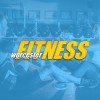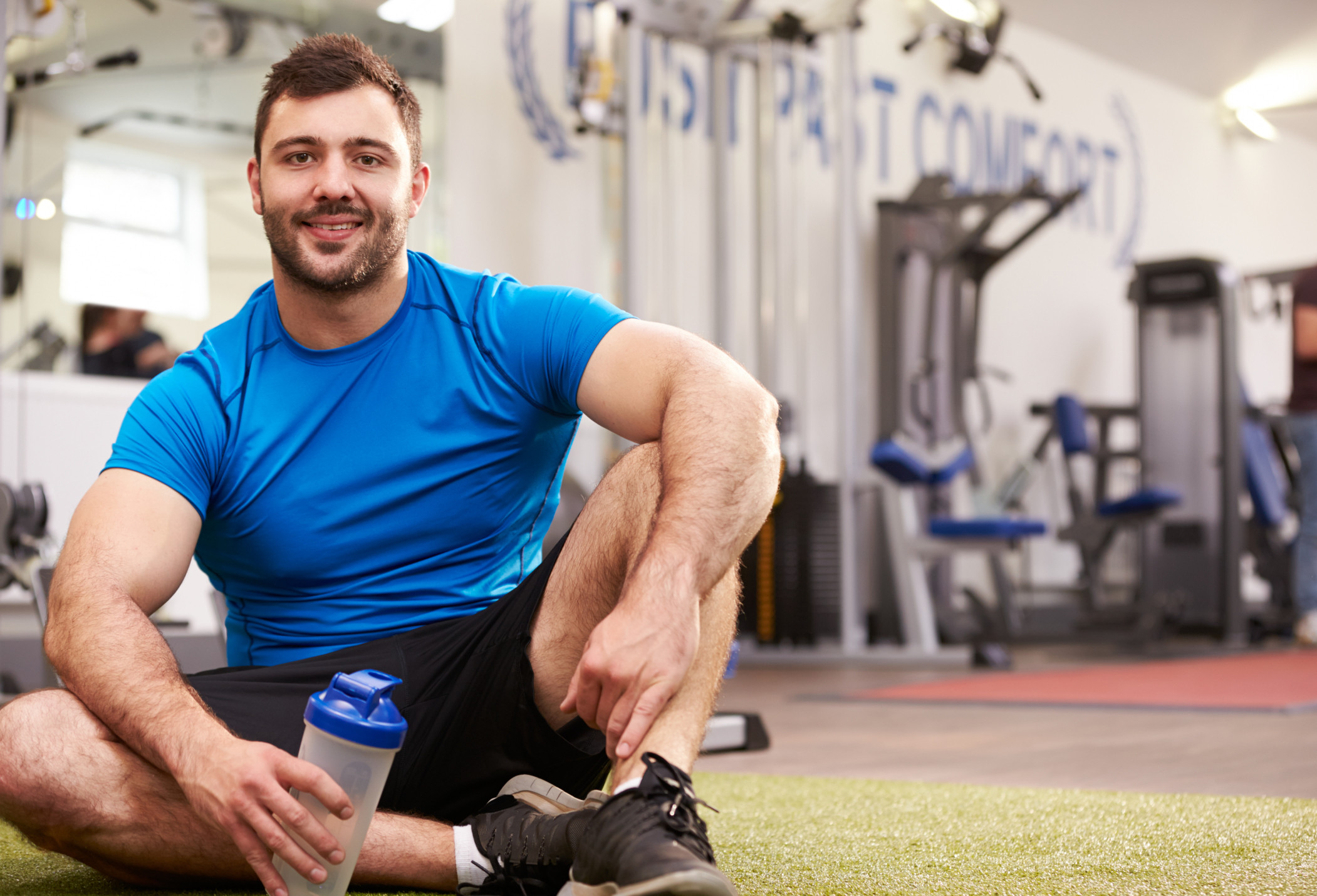
There are many options for senior fitness certifications. You can choose the one that suits you best. The ACE, NASM and SrFit(tm), are some of the most sought-after certifications. Each one requires its own set of prerequisites and requirements. Any of these certifications demonstrates competence in a particular field of the fitness industry. Before you can become a certified ACE personal trainer or NASM personal coach, however, you must first be certified by them.
AFPA
If you are interested to become a senior personal trainer, you should consider pursuing the AFPA's senior certification. The AFPA is a respected leader in fitness and will teach you all the skills needed to make a good living in this business. Physical therapists can also obtain this certification, which allows them to create customized training programs for their patients. The AFPA was founded in 1994 to educate fitness professionals.

ACE
The ACE senior fitness certification program is designed to teach the safe and effective training of active older adults. This course uses behavior modification, motivation, relationship-building techniques to increase the health and fitness for older adults. The ACE Integrated Fitness Training Model will also be presented. Participants will learn how to use the ACE program to develop personalized exercise programs for senior citizens. Online access is possible. Students will need to complete five modules as well as two quizzes.
NASM
A NASM senior certification in fitness is designed to educate older adults about the benefits of exercise and well-being. Being active is a great tool for staying healthy and independent. This course is also a certification for fitness and health professionals. The course addresses the needs of the senior population by identifying the key components of a senior fitness program and addressing the specific physiological and functional limitations associated with aging. It uses the OPT Model, which has been scientifically proven that it can help seniors achieve their exercise goals.
SrFit(tm)
The SrFit (tm) senior exercise certificate is designed to give you the knowledge and skills required to provide safe and efficient physical exercise to seniors. The course also includes a comprehensive overview of aging and its effects on the body systems. Participants learn how to create age-friendly environments and implement safe and effective training programs for the elderly. Students will also learn to appeal to seniors, build credibility and be a part of the fitness industry.

FiTOUR
FiTOUR Senior Fitness Certification gives instructors the tools to help seniors and adults with special needs. Although most older adults have some form of special needs, the certification can be used to enable instructors to instruct exercise to all seniors. Its textbook, Exercise for Frail Elders, addresses the unique challenges associated with working with older people and stresses the importance to create an atmosphere that's fun and inspiring. Exercises for seniors with arthritis or other chronic conditions are also covered in the course.
FAQ
Is it possible to gain weight by exercising?
Not at all. You can even maintain your weight by exercising. You can build muscle mass and speed up your metabolism by exercising regularly. This means your body will not store as much fat.
Is it possible to be too thin?
Yes! Both eating disorders and underweight are unhealthy. It's not normal to weigh less than what your height should be. Also, you may feel dizzy, tired, or weak.
Can I eat while I exercise?
Yes. You can eat what you like while you work out. Watermelon, grapes (or carrots or celery), watermelon, grapes, apples, bananas or apples are all low-calorie snacks. These foods are rich in nutrients that will help you work out better.
How does caffeine affect my sleep?
Caffeine affects how long it takes you to fall asleep and how soundly you sleep. Caffeine makes falling asleep easy by causing drowsiness. You may stay awake for longer periods, which makes it more difficult to fall asleep. You should not drink energy drinks or coffee right before bed.
How many hours of sleep should I get every night?
The recommended sleep amount varies based on age, gender, individual needs, and other factors. Most adults need between 7 and 9 hours of sleep per night. Children and teens typically need between 7 and 9 hours of sleep each night. However, this number drops as they get older.
What happens if I don't get enough sleep?
You can't get enough sleep and your brain will not be able to regulate hormones and chemicals responsible for controlling appetite and metabolism. As a result, you may overeat and gain weight. Overeating can also be caused by a lack of sleep.
Statistics
- According to the Centers for Disease Control and Prevention, chronic diseases cause 7 out of 10 deaths in the U.S., and treating chronic diseases accounts for 86% of U.S. healthcare costs. (mana.md)
- One study showed that adults who watch more than 4 hours of television daily had an 80% higher risk of death from cardiovascular disease. (heart.org)
- In high-income countries, 26% of men and 35% of women were insufficiently physically active, as compared to 12% of men and 24% of women in low-income countries. (who.int)
- An estimated 110,000 deaths per year could be prevented (cdc.gov)
External Links
How To
How to keep fit while pregnant
Your body goes through many changes when you get pregnant. Because you are carrying a baby, your metabolism slows down and you eat less. You may feel sick if your sleep is not enough. But there are ways you can keep yourself healthy while still enjoying this exciting time in your life!
Before starting any exercise regimen, it's important to check with your doctor. Your doctor can help you decide which exercises are safe and which should be avoided. A second thing to do is eat well during pregnancy. This includes eating plenty of protein, fiber, and iron. Third, make sure to drink plenty of fluids. Because sweating can cause fluid loss, it's particularly important to drink water while exercising. Finally, take care of your feet. You should always keep your feet dry, and wear shoes that provide support. You should eat breakfast if you are suffering from morning sickness. You might end up feeling nauseated.
-
Eat Well. It is essential to eat a healthy diet throughout pregnancy.
-
Stay active. Exercise at least 30 minutes daily.
-
Maintain a Healthy Weight. You can lose weight by eating smaller meals and snacks more often.
-
Get Enough Sleep. Try to get 7-9 hours of sleep each night.
-
Manage Stress. Learn relaxation techniques.
-
Avoid Alcohol. It may cause miscarriage and birth defects.
-
Be kind to yourself. Do not push yourself too much.
-
Take care of your self. You can have someone look in on you if necessary.
-
Relax. Do things that bring you joy.